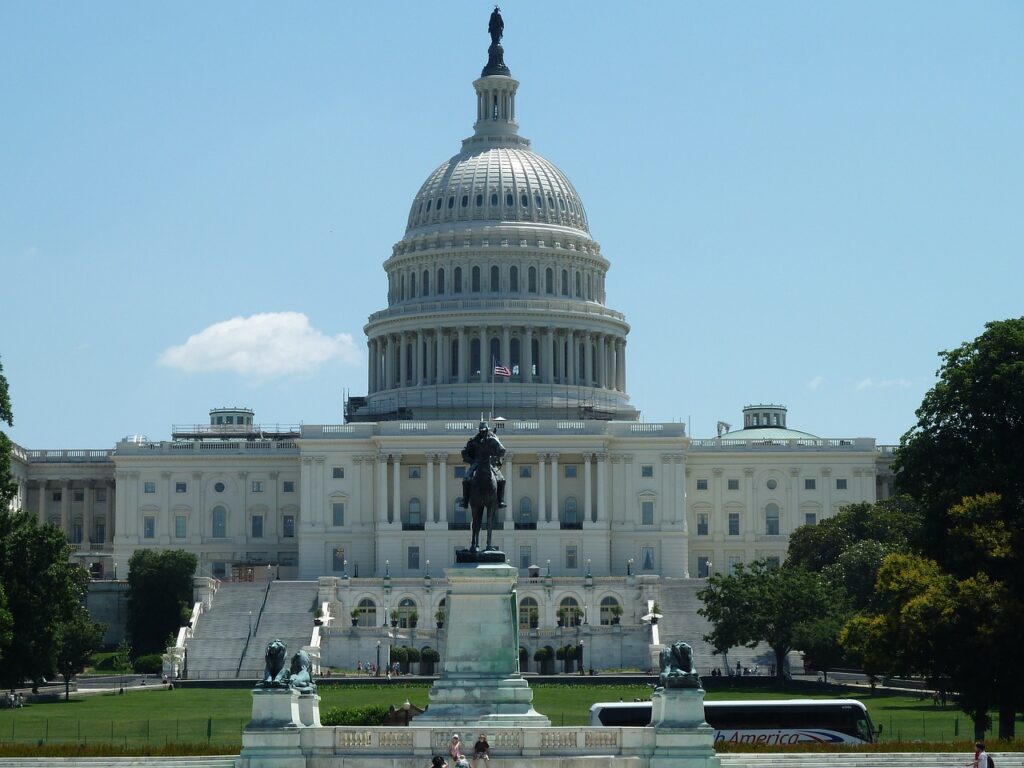Ann Telnaes Leaves Over Rejected Illustration
Pulitzer Prize-winning cartoonist Ann Telnaes has resigned from The Washington Post following a dispute over one of her cartoons. The controversial illustration depicted Facebook’s Mark Zuckerberg and Amazon founder Jeff Bezos kneeling with money bags at the base of a statue of President-elect Donald Trump.
Telnaes explained that the cartoon criticized the efforts of tech and media billionaires to align themselves with Trump. “To be clear, sketches have been rejected or revised before, but never due to the viewpoint expressed,” she said. Telnaes, who had worked at the Post since 2008, called the incident a dangerous moment for press freedom.
Editorial Rejection Sparks Debate
David Shipley, opinion editor at The Washington Post, defended the decision to reject Telnaes’ cartoon. In a statement cited by The New York Times, Shipley said he rejected the illustration to avoid repetition, as other content in the same edition addressed similar themes.
He dismissed claims of editorial bias, stating, “Not every editorial decision reflects malicious intent.” Shipley emphasized that the decision reflected practical editorial judgment, rather than any attempt to stifle criticism.
Ownership Raises Concerns About Editorial Independence
Jeff Bezos, who has owned The Washington Post since 2013, has faced questions about his influence over the paper’s editorial choices. He has repeatedly denied using the publication to advance personal agendas. These denials came under scrutiny in November when the Post opted not to endorse Kamala Harris, Trump’s opponent in the presidential election.
Editorial endorsements, a tradition among major U.S. newspapers, have long been a staple of The Washington Post. The decision not to endorse Harris drew criticism from readers and staff, raising concerns about Bezos’ involvement.
The dispute over Telnaes’ cartoon has reignited debates about the balance between creative freedom and corporate ownership in journalism. The incident highlights the ongoing struggle to preserve editorial independence in a politically charged media landscape.
